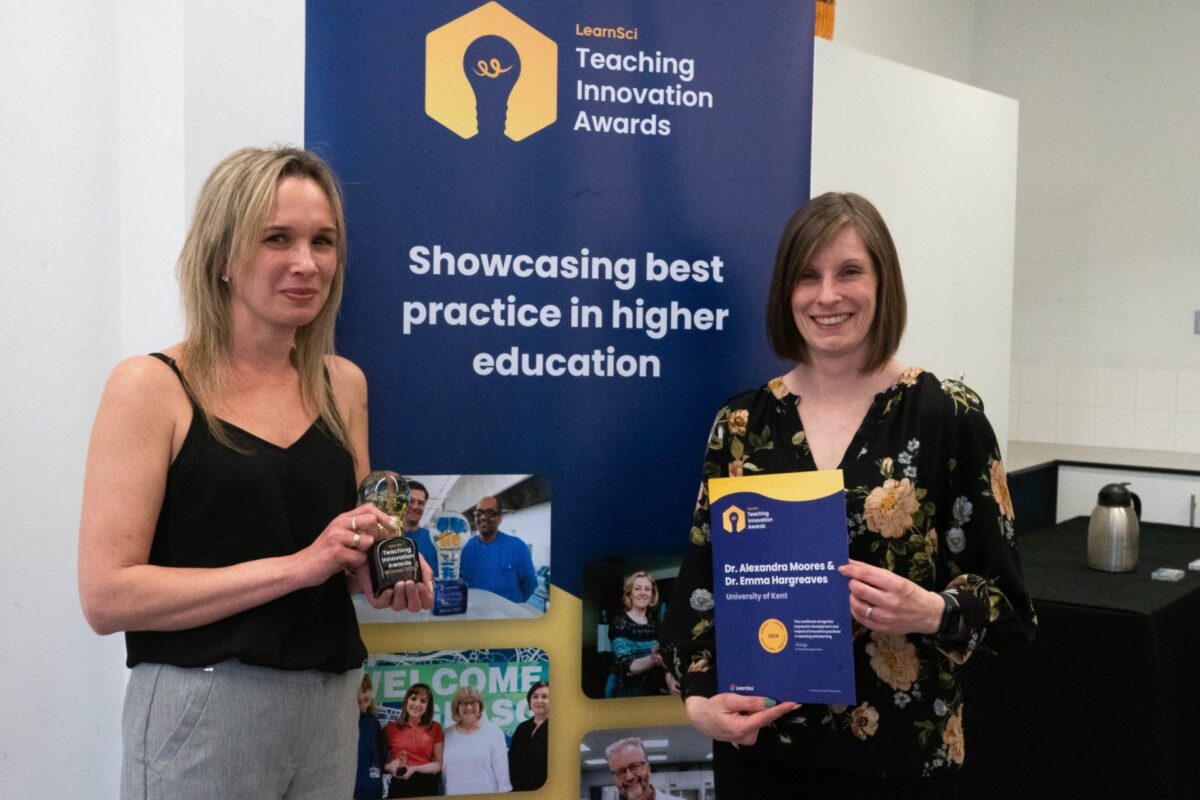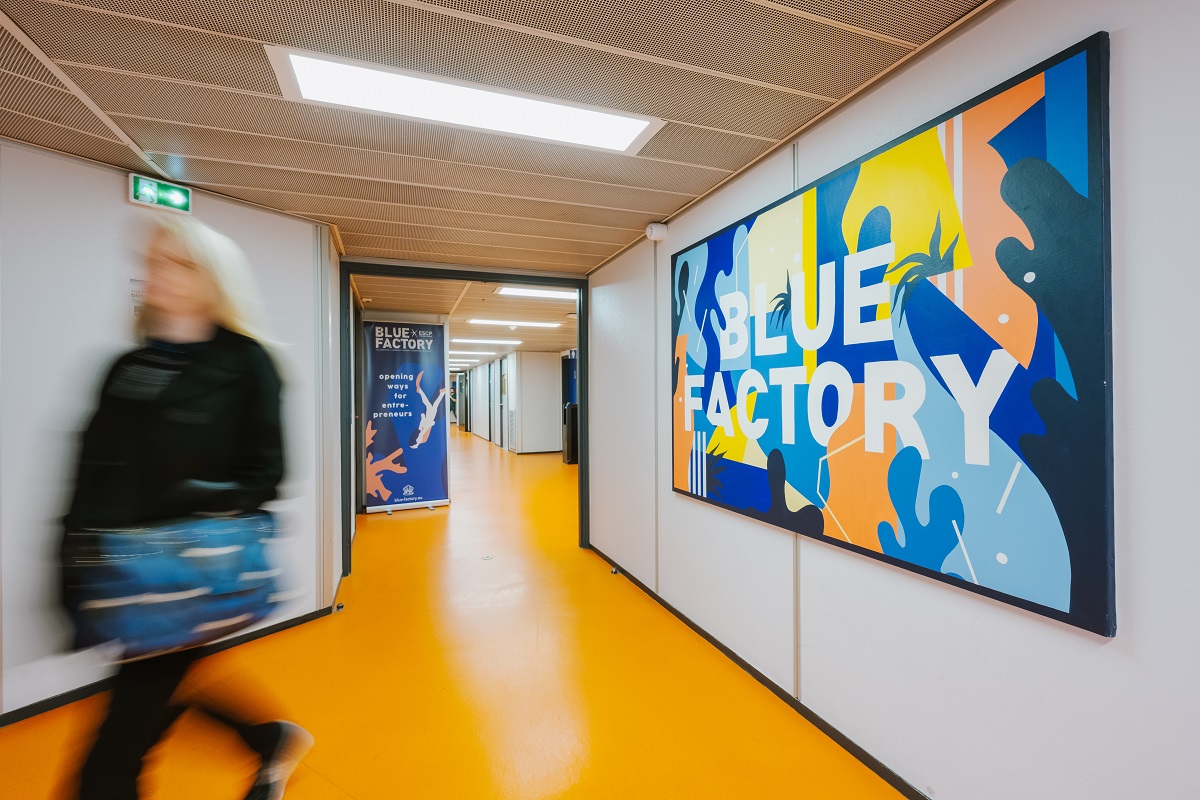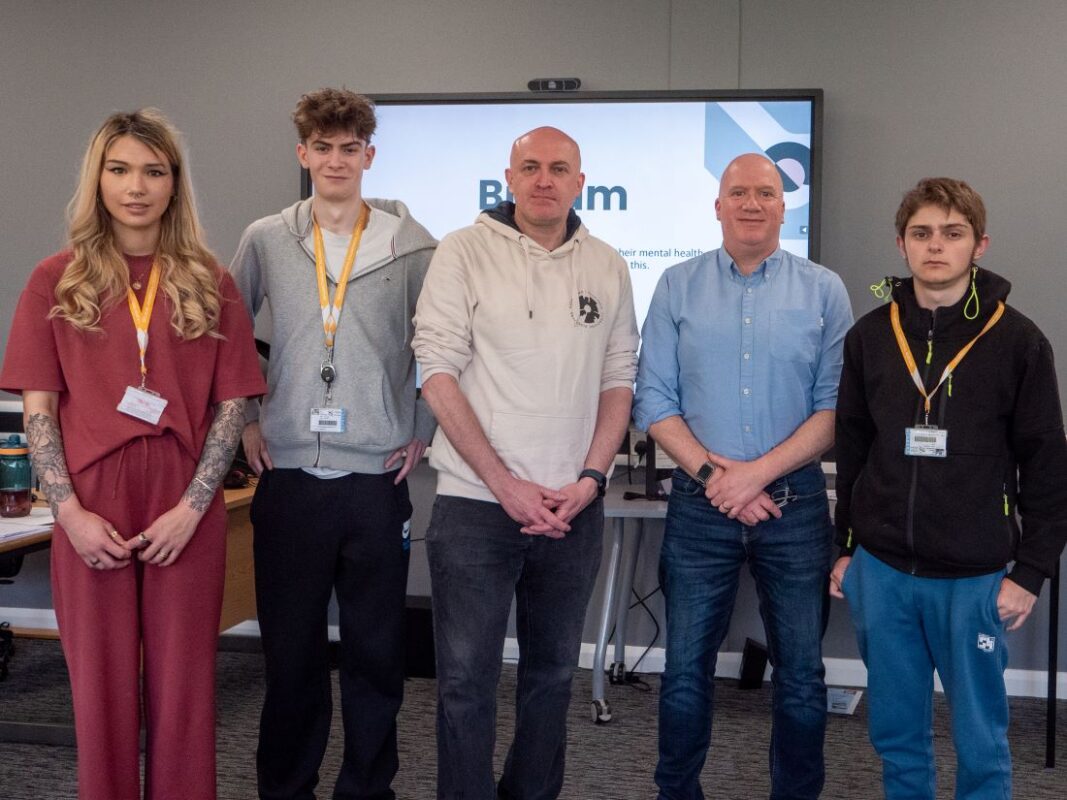Generation Crisis: Can a University Education Combat Global Issues, as Half of Gen Z Finds Traditional Degrees Irrelevant?

- The London Interdisciplinary School (LIS) is the first UK university since the 1960s to receive degree awarding powers from inception
- Labelled as the most radical university in Britain, LIS’ BASc degree has been curated to tackle complex, real-world problems that require interdisciplinary solutions, such as climate change, ethical AI, the future of cities, and social inequality
In an era marked by global crises including climate change, a recent pandemic, inflation, recessionary fears, and housing crises, millennials and Gen Z find themselves navigating some of the most complex issues to have arisen in human history. Yet, how prepared are today’s graduates to solve these questions? A study published in the Lancet found that globally, 84% of young people worry about climate change with more than 50% feeling powerless in the fight against it. Growing into a society with a series of challenges stacked upon the lives of young people, Britain’s first university to be granted Degree Awarding Powers since the 1960’s – the London Interdisciplinary School – argues that a blended approach to university education is best-placed for enabling young students to counter the complexities of global crises.
Despite being raised in an environment that emphasises academic achievement; these generations face a reality where their education often falls short in addressing the complex issues of today’s world providing inadequate preparation for crisis management. Prioritising theoretical knowledge over practical skills and lacking adaptability, the rigid structure of a traditional degree fails to foster adaptability and innovation, leaving the new generations completely ill-prepared for work and society. The London Interdisciplinary School (LIS) offers a refreshing perspective on addressing the shortcomings of traditional degrees, by promoting cross-functional and interdisciplinary learning. Engaging with multiple disciplines simultaneously, students are taught to gain insights from across the arts, social science, humanities, and STEM fields. For example, when exploring the topic of inequality, students will examine these subjects through the lenses of subjects such as Neuroscience, Network Science, Political Economy and Linguistics. The comprehensive approach equips students with a range of skills, including epistemology, problem-framing, pitching, and public speaking, all of which are crucial to understanding and addressing these challenges effectively.
Aiming to produce well-rounded graduates equipped with the diversity of skills needed for complex challenges, the LIS was established in 2017. Dean of LIS, and the founder of interdisciplinary learning at UCL, Professor Gombrich is eager to share insights into the following:
- Interdisciplinary Learning’s Crucial Role: Explore the growing significance of interdisciplinary education in equipping graduates with the skills necessary to navigate the intricate challenges of our global landscape.
- Addressing Global Problems: Delve into how LIS’ multi-faceted academic approach equips future generations with essential skills to tackle global problems, including the climate crisis and the ethics of artificial intelligence, surpassing the effectiveness of traditional bachelor’s and master’s degree courses.
- Blended Approach of Humanities and STEM: Understand why LIS’ unique blend of interdisciplinary learning, seamlessly integrating teaching from the Arts, Humanities, and STEM fields, stands in stark contrast to traditional linear subjects. This approach cultivates problem-solvers capable of addressing a broad spectrum of issues.











Responses